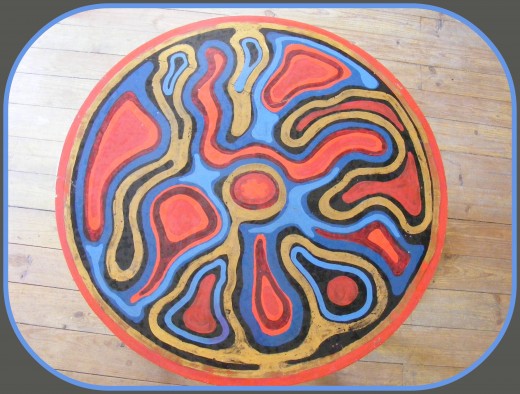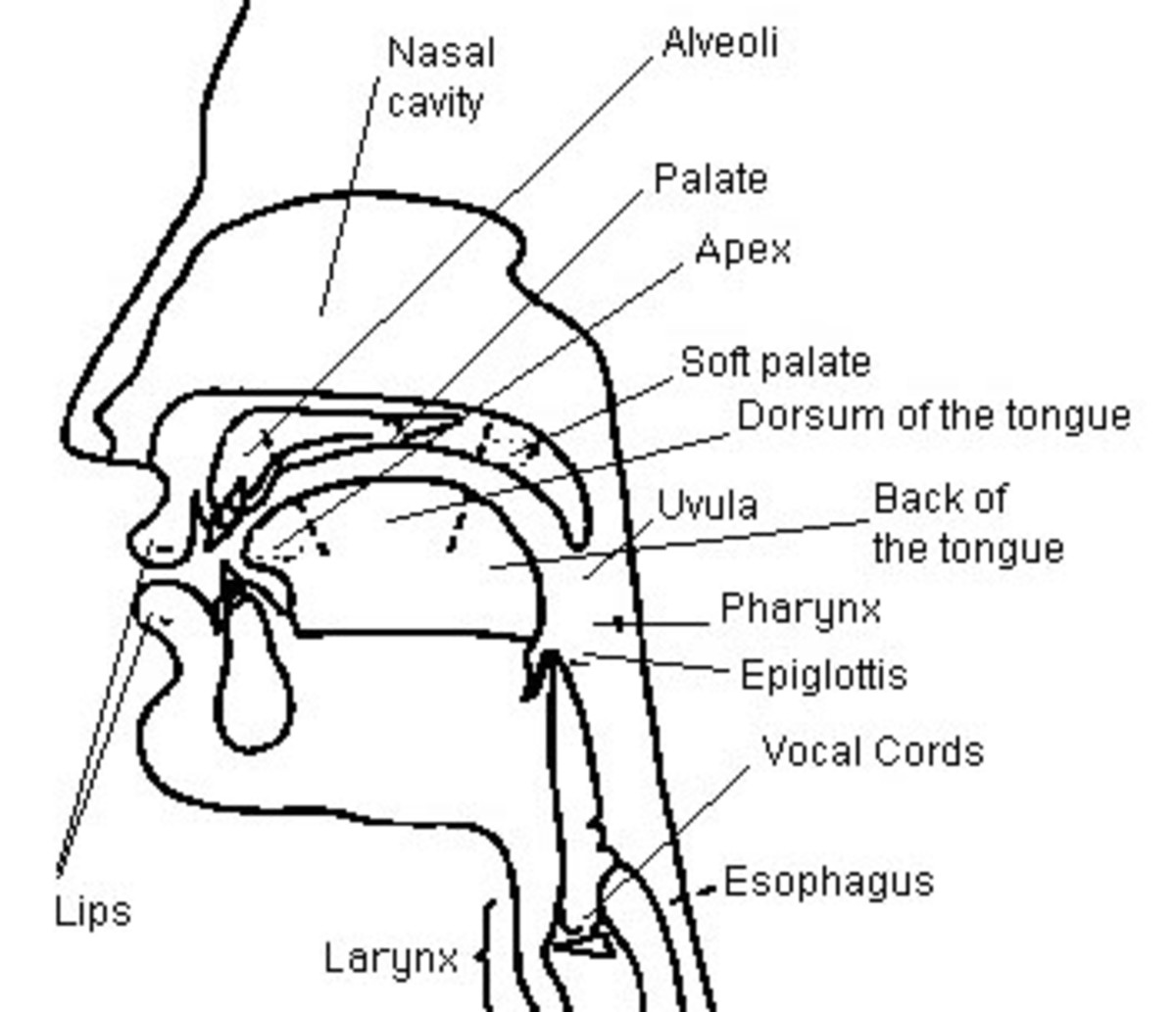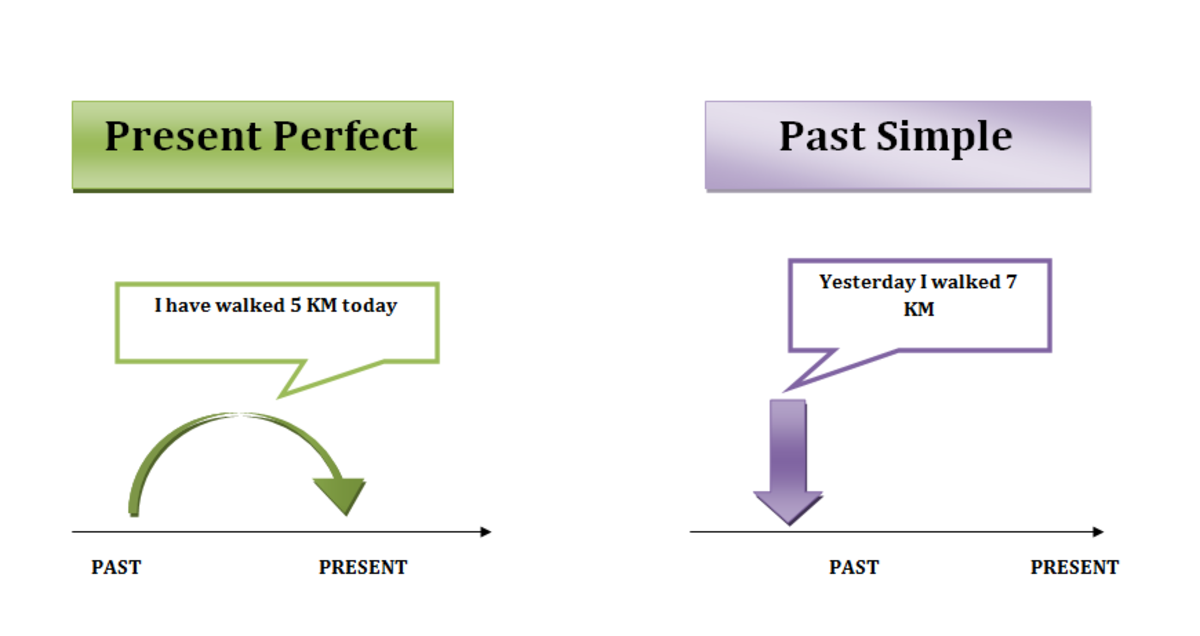Learning English as a Foreign Language - The Present Tenses

Are you learning English as a foreign language or teaching it?
This article will help you understand the present tenses in English grammar. It will show you in what situations to use which tense and how they are formed.
The Present Simple
1. Facts – Storks migrate every year.
2. Routines – I drink water every day.
3. Present story narrative – So I cover up the present just as she is walking through the door.
4. Directions – Take the first right at the T-junction.
5. Articles in the media – Jack the Ripper strikes again!
6. Commentaries – Ronaldo snatches the ball right from under their noses and sends it flying into the back of the net.
7.Habits – He always sings in the shower.
Affirmative: Subject + base form
Negative: Subject + auxiliary verb do not/does not + base form
Interrogative: Auxiliary verb do/does + subject + base form
Contractions
You can contract the auxiliary verbs. People usually contract when speaking.
Does not - doesn’t
Do not – don’t
Third Person Singular Spelling Rules
With 3rd person singular add ‘s’ to the base form – It eats meat
If the verb ends in ‘y’, remove the ‘y’ and add ‘ies’ – He studies English
If the verb ends in ‘ch, sh, s, x, z, o’ add ‘es’ – She watches TV
Irregular verbs: To Have, To Be.
How to form the present simple
Subject
| Affirmative
| Negative
| Interrogative
|
|---|---|---|---|
I
| go
| don't go
| Do I go?
|
You
| go
| don't go
| Do you go?
|
He/She/It
| goes
| doesn't go
| Does he/she/it go?
|
We
| go
| don't go
| Do we go?
|
They
| go
| don't go
| Do they go?
|

Present Continuous
1. Actions happening at the time of speaking – I’m doing my homework now, call I call you back later?
2. Temporary actions, continuing for limited period of time but not necessarily happening at the time of speaking – I am doing a TESOL course at the moment
3. Future Arrangements – We’re going to the mountains this weekend
4. Trends – The developing countries are finding it more difficult to cope.
5. Very frequent actions – They are always arguing.
Affirmative: Subject + auxiliary verb To Be + verb +ing
Negative: Subject + auxiliary verb To Be + not + verb +ing
Interrogative: Auxiliary verb To Be + subject + verb +ing
Contractions
In spoken English people contract the verb To Be in this way:
I am - I’m
You are - You’re
He is - He’s
She is - She’s
It is - It’s
We are - We’re
They are - They’re
*Remember! We don't normally use state verbs in the continuous form -
I'm preferring wine to beer - Wrong
I prefer wine to beer - Right
How to form the present continuous
Subject
| Auxiliary Affirmative / Negative
| Main Verb + ing
|
|---|---|---|
I
| am / am not
| walking
|
You
| are / are not
| dreaming
|
She
| is / is not
| watching
|
He
| is / is not
| having
|
It
| is / is not
| doing
|
We
| are / are not
| playing
|
They
| are / not
| listening
|
Auxiliary - Interrogative
| Subject
| Main Verb
|
Am
| I
| going?
|
Are
| you
| shouting?
|
Is
| she
| speaking?
|
Is
| he
| arguing?
|
Is
| it
| barking?
|
Are
| we
| working?
|
Are
| they
| finishing?
|
The Present Tenses - Learning English as a Foreign Language

Present Perfect
1. To describe something that happened recently – She’s just had a baby.
2. Something that started in the past and has a connection with the present – I’ve lost my keys (I still can’t find them).
3. Unfinished time period – Avalanches have killed many people on Mount Everest (and will continue to kill many more).
4. Time period being described is not of importance – I’ve been to France.
Affirmative: Subject + auxiliary verb Have/Has + past participle
Negative: Subject + auxiliary verb Have/Has + not + past participle
Interrogative: Auxiliary verb Have/Has + subject + past participle
The Past Participle
With regular verbs we form the past participle by adding ‘ed’ to the base verb, much the same way as the past simple. With irregular verbs you must simply learn the past participle as they do not follow the same rules.
Contractions
In spoken English native speakers contract the auxiliary verb To Have in this way:
I have - I’ve
You have - You’ve
She has - She’s
He has - He’s
It has - It’s
We have - We’ve
You have - You’ve
They have - They’ve
Subject
| Auxiliary Affirmative / Negative
| Main Verb
|
|---|---|---|
I
| have / haven't
| been
|
You
| have / haven't
| gone
|
He
| has / hasn't
| walked
|
She
| has / hasn't
| looked
|
It
| has / hasn't
| run
|
We
| have / haven't
| done
|
They
| have / haven't
| flown
|
Auxiliary Interrogative
| Subject
| Main Verb
|
Have
| I
| made
|
Have
| you
| seen
|
Has
| he
| climbed
|
Has
| she
| heard
|
Has
| it
| learned
|
Have
| we
| spoken
|
Have
| they
| asked
|

Present Perfect Continuous
1. To describe something ongoing that has stopped or recently stopped – Your clothes are dirty, have you been working in the garden?
2. To describe an action that happened repeatedly over a period of time, and is likely to continue – They are going to that beach; they’ve been going there for years.
Affirmative: Subject + auxiliary verb Have/Has + been + verb + ing
Negative: Subject + auxiliary verb Have/Has + not + verb + ing
Interrogative: Auxiliary verb Have/Has + subject + been + verb + ing
Contractions
You can contract the auxiliary verb Have/Has in the same way as the present perfect mentioned above. Past participles follow the same rules as above.
How to form the present perfect continuous
Subject
| Auxiliary Affirmative / Negative
| Been
| Verb + ing
|
|---|---|---|---|
I
| have / haven't
| been
| studying
|
You
| have / haven't
| been
| visiting
|
She
| has / hasn't
| been
| running
|
He
| has / hasn't
| been
| jumping
|
It
| has / hasn't
| been
| eating
|
We
| have / haven't
| been
| swimming
|
They
| have / haven't
| been
| crying
|
Auxiliary Interrogative
| Subject
| Been
| Verb + ing
|
Have
| I
| been
| writing?
|
Have
| you
| been
| fighting?
|
Has
| she
| been
| cleaning?
|
Has
| he
| been
| trying?
|
Has
| it
| been
| drinking?
|
Have
| we
| been
| thinking?
|
Have
| they
| been
| laughing?
|
More Teaching Articles
If you liked Learning English as a Foreign Language - The Present Tenses, you may also find the following articles useful:
© 2013 Muttface









